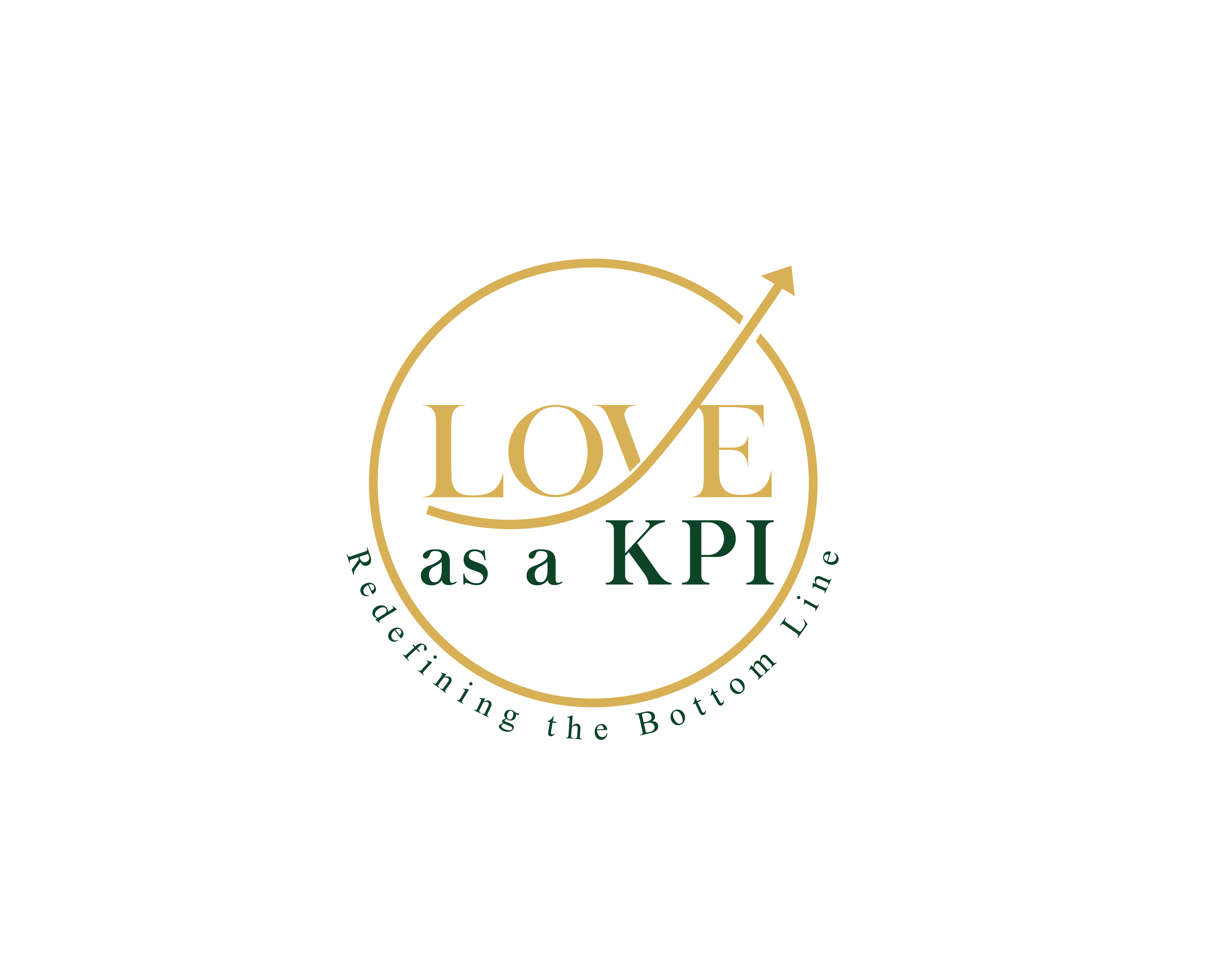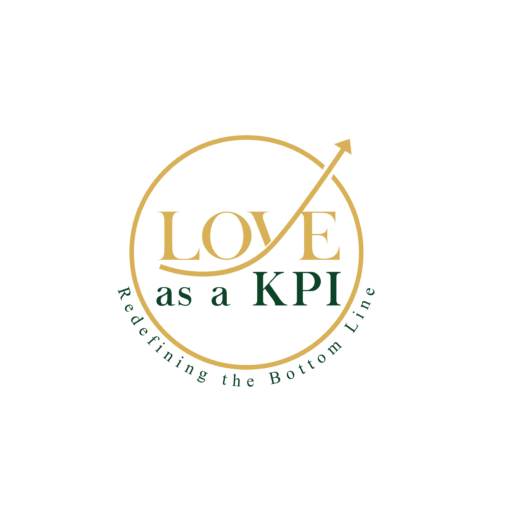
You Get What You Give
My friend Bill’s wife has never been to California. She’s a self-admitted nervous traveler and most of her trips have resided on the east coast with as little time in the air as possible, so it’s not surprising that she’s never in her life has she set foot in the Golden state. This, however, is about to change: her job will soon require her to travel to San Francisco fairly often… but before that happens and she’s forced to weather this trip on her own, Bill plans to take her to California himself.
His resolve to do this is not because of any need he has (he’s been there many times). He is taking her because he doesn’t want her first visit to be marked by conference rooms, boxed lunches, days that blend together and other things that denote tedious business travel.
And so, he is planning a trip designed unmistakably for her – filled only with the things she likes and has the propensity to enjoy, so that her very first impression of California is a remarkable one.
Because Love will do that. It will seek to understand what’s important to you and to the best of its ability, it will giveyou that.
Love as a KPI is anchored on the premise that when organizations are driven by love for people, it will not only improve outcomes for the financial bottom line – it drives transformative outcomes for the conduits of said bottom line: individual employees, customers, community members and others.
And it is underpinned by what might be a blindingly obvious point: the tenets required to build meaningful, enduring relationships in our personal lives (with friends, mentors, family members et al.) are the the very same tenets required to build enduring relationships with employees, customers and other stakeholders in business.
My definition of Love this:
Love is the outcome of the perspective, posture and practice that prioritizes the true needs and betterment of another.
For a leader in an organization with a mélange of goals: financial, strategic, operational and otherwise – becoming a leader driven by Love decidedly does not mean an overhaul of those goals, but it warrants a pivot that starts with a perspective shift, where we look at each goal or initiative from the lens: ‘how can our strategy, goals or initiatives be a conduit to leaving the people impacted by it holistically better’: be it developmentally mentally, financially, physically, ethically or otherwise.
Through this work, I’ve drawn a circle around Five markers of Love that apply to life as they apply to business. One of them is Giving, and that’s what came to mind as my friend Bill casually shared the ‘why’ behind his upcoming travel plans.
Love is always about the other person, and so Giving in this context is for the benefit of another – it holds no other agenda. As so almost by definition, it requires an understanding or familiarity with the target and what would be of value to them.
"The best gift to give the one you love is the one they most want to receive, not the one you most want to give"
We can not give in Love, when we do not seek to understand what would be most valuable. This could look like a range of things: A preference center to understand your customer’s… well preferences. Employee benefits that evolve as a reflection of the nuanced needs of your people. A product development process that humblysolves a deeply understood problem customers are facing.
Love, when expressed, has a mysterious compounding effect. It compounds because it compels. It compels the originator, recipients and even observers. Because it’s a mystery doesn’t mean it hasn’t been proven: when it comes to Giving, study upon study proves its positive effect on the progenitors and those around them.
The intention with Love as a KPI is to connect the dots between how people are wired (to receive and respond to being loved) and how businesses are run, and the realization of this intention will always starts with how we Lead.
Those who want to be the kind of leader who transforms their team, company, customers and sets different standards in their industry through the potency of Love – have their focus is on who people that interact with the organization are becoming as a result.
Imagine your organization being the place that compels people to become more giving (outside of the context of the job). During an exit interview or post-purchase survey, people repeatedly and specifically say interacting with your organization (in whatever way) has made them so.
I have seen the impact (be it ‘Loving’ or the far opposite) of businesses on who people (employees, customers, suppliers, community members) become in so many permutations: from 2-person to 50,000 person organizations, a range of industries, several functional disciplines, having worked across several continents.
My intention is to be a resource to leaders who intend to evaluate what they have imparted to people in tandem with their evaluation of other operational and financial metrics. Leaders who do not just want to have led big projects, but who want to create an enduring legacy through people.
If this resonates, drop me a line – would love to hear from you.




